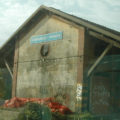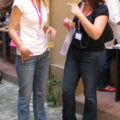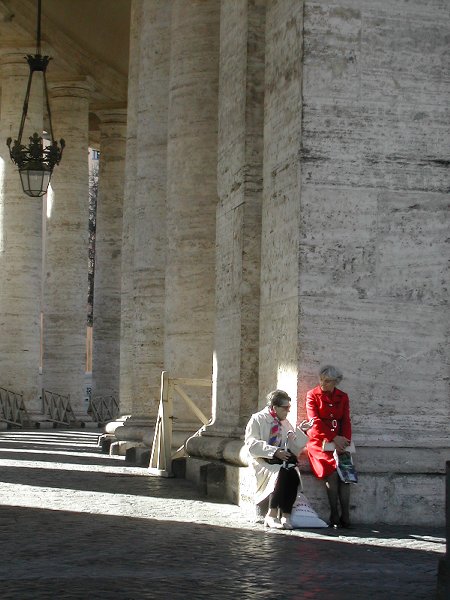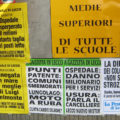Anyone who has had the experience of setting up a household in Italy will wince at the list of things we have to do in the next two months: sell the family home in Rome (emptying it of many years’ accumulation of books – this is a family of professors! – furniture, etc.), set up the new apartment in Lecco, get our daughter through her middle school exam, send her off to summer camp in the US, then, finally, move our own stuff from Milan to Lecco. Oh, and in the midst of all this I may be starting a very demanding new full-time job. (The second interview went well, now I’m just waiting to see the money.)
Setting up simple household utilities in Italy used to be an arduous process. As one friend put it, getting a phone line installed required “a recommendation and a bottle of whiskey.” The recommendation would ideally be from someone with contacts inside Telecom Italia, to ask the folks there to be nice to you. The bottle of whiskey would be a “gift” to encourage the technicians to get their job done, but you might need another bottle to tide you through the months-long, completely unnecessary wait!
Things have changed. I called Telecom Italia last week about a line for the new apartment in Lecco. The place has been inhabited before, so the wires are there, but I wasn’t sure all the plugs were working, and the line was of course disconnected. The lady said that a technician would call me in about ten days to make an appointment. Actually, he called me two days later, when I happened to be too far away from Lecco to meet him. So we made an appointment for yesterday morning, 9:30. When I arrived at 9:15, he was already standing outside waiting for me. Turns out some repairs were needed to two plugs, but within an hour all five plugs and the line were working. In the meantime I called the electricity company from my cellphone. After reading the relevant numbers off the meter, I was shocked to be told: “Okay, now just cut the plastic seal and flip the lever; it should already be working.” There’s gotta be a catch. This is Italy. It can’t be that easy.
On my way back to the railway station, I was delighted to find near home a good polleria (a butcher shop specializing in poutry, selling cooked and uncooked chicken, other kinds of poultry, and rabbit). There is also a new, American-style coffee bar offering different types of coffee (Ethiopian, Kenya, etc.) – unheard-of in Italy! I had just had a coffee, so didn’t go in to check, but maybe (said she wistfully) they make a decent cup of American-style “long” coffee. I like espresso, especially when I’m in a hurry, but there are times when nothing beats lingering over a huge, steaming mug. That would be great, and very unusual here. In every bar I’ve seen in Italy so far, if you ask for American coffee you get espresso in a large cup, with hot water added. Yuck. This new coffee bar looks like nothing I’ve seen in Italy, not even in Milan. Which perhaps proves that Lecco is not as provincial as the Milanese would have me believe!
















